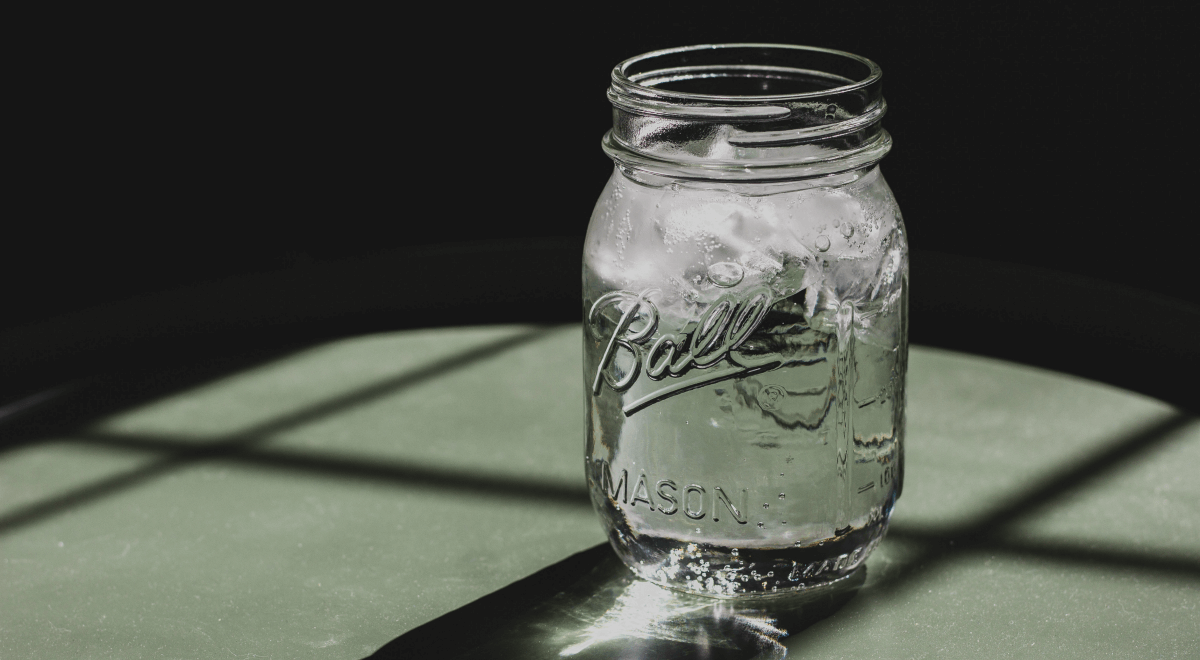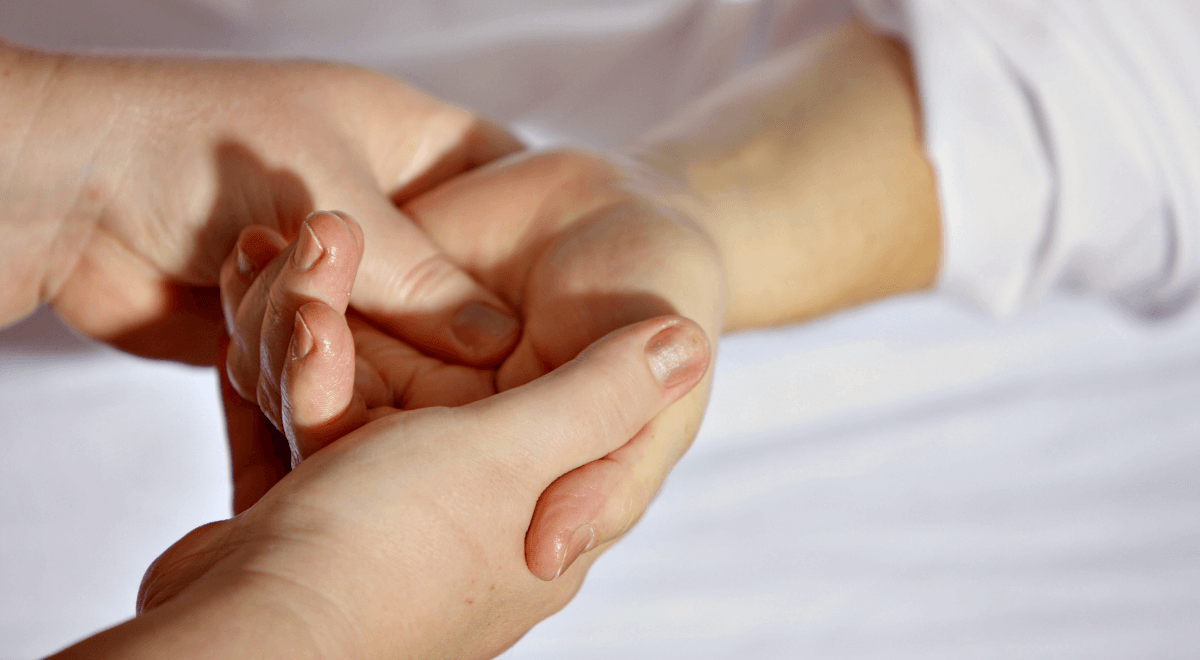Pregnancy is hard,
so we made this list of first-trimester pregnancy tips to help you on journey. You can also read about pregnancy, nutrition, and prenatal care which can help you be informed about what’s happening inside your body during those early months.
Know that every woman is different and not all pregnancies are the same. Be aware of that. Each woman has her own experience and not all pregnancy tips and tricks will work for everyone. That’s okay.
For these tips, we talked to real women who are either currently pregnant or have been so recently to get practical advice people who have experienced it. We know how daunting a first-time pregnancy can be (there’s a lot to learn and take in), so we hope these first-trimester pregnancy tips help!
Tip #1: Stay Hydrated
This seems like a no-brainer and is a tip for every human in any walk of life, but hydration is especially important for pregnant women. Not only is drinking proper amounts of water necessary and healthy, drinking lots of fluids can also help decrease nausea.
Drink at meals, in between meals, all the time. Carry a water bottle around with you. And it doesn’t have to just be water that you’re drinking; whether you’re drinking Gatorade, juices, or herbal teas, it’s important for pregnant women to stay hydrated.

Tip #2: Have A Balanced Diet
It’s commonly joked about that pregnant women are eating for two, but your calorie intake shouldn’t be that much higher than normal. It’s all about being intelligent about your food choices and getting the right balance of proteins and nutrients during pregnancy. You may only crave unhealthy foods or be repelled by foods you normally love, but make the effort to eat healthy, even if you have less of an appetite.
What foods you eat and how frequently you eat can affect your morning sickness as well. Keep your sugar levels balanced by snacking and eating a little bit, but every few hours. Don’t just stop eating because you don’t feel well. Madeleine, 23, recommends making fruit smoothies with added ground ginger, saying, “This worked like magic for me! Pretty much the only thing I ate/drank for a while.”
Tip #3: Get Lots of Folic Acid, Vitamin D, and Iron.
Folic acid, vitamin D, and Iron are the main nutrients women need during pregnancy. If you’re very proactive and disciplined about getting all of the necessary minerals and nutrients from a well-crafted diet, then you may be okay without all of the prenatal vitamins.
Taking prenatal multivitamins that includes these and other nutrients and vitamins, aim to help lower the risk of potential pregnancy complications, such as preeclampsia (pregnancy-induced high blood pressure), fetal deformities and developmental issues, low birth weight, and other birth defects. Make sure you talk to your doctor or a nutritionist about the best course of action and what prenatal vitamins or dietary substances you should be including in your daily routine.

Tip #4: Know What Foods to Avoid
Besides avoiding obviously harmful substances such as alcohol and nicotine, there are other types of foods pregnant woman should avoid or eat sparsely during pregnancy. One such food is types of fish that are high in mercury (such as tuna, swordfish, king mackerel, and shark), which should be avoided or limited to being eaten only once or twice a month.
On the other hand, eating other kinds of fish that are high in omega-3s and fatty acid is good for pregnant women and fetal development. From sushi to caffeine, learn more about what foods to be cautious of during pregnancy.
Tip #5: Avoid Hand and Foot Massages
Sounds a bit weird, we know.
Pressure points in certain areas your hands and feet can increase a woman’s risk of miscarriage if they’re stimulated during her first trimester. It’s usually safe to massage those areas later on in the pregnancy; massage stimulation in these areas can even help induce labor when the time comes. Other pressure points to avoid when pregnant are found near the ankles and in the lower back and abdomen.
Even though you may be sore because of the pregnancy and want a good massage, be cautious and avoid hand and foot massages for a few months! Talk to your doctor or a trained professional with knowledge of pressure points that can affect pregnancy before moving forward with any sort of massage therapy to combat soreness.

Tip #6: Slow Down, Rest, and Take Naps
It’s okay to be tired.
Sit down, put your feet up, and don’t be afraid to take the occasional nap whenever you feel like it. Your body is working hard with all of the changes going on during your first trimester and it deserves the rest. During the early months of pregnancy, women don’t usually “show” and can go about their day pretty much the same as ever. It’s still okay to work, exercise a normal amount, and lift more than five pounds. Be sure to take care of yourself and let your body rest and rejuvenate while it’s using up energy growing a fetus inside of you.
Tip #7: It’s Okay to Cry
The first trimester of pregnancy comes with an influx of hormones and other changes that can lead to mood swings and a whirlwind of emotions. Having mood swings or getting randomly emotional over inconsequential things can be normal, and it’s okay to cry if you feel like it. All pregnant women have been there at some point.
“There have been a handful of times when I’ll just start sobbing inexplicably and can’t stop. Literally, NOTHING will be wrong.” -Maryann, 23.

Tip #8: Don’t Google Your Symptoms.
If you’re worried something might be wrong your experiencing any unusual or concerning systems, don’t look it up on the internet! There are so many different scenarios and list of things that can go wrong during pregnancy or during fetal development that it’s easy to spiral down an internet wormhole and scare yourself. Just call your doctor and share your concerts, then they can determine if you need to be seen by a medical professional or if what you are experiencing is completely normal for your stage of pregnancy.
“Call your doctor. DON’T GOOGLE IT. You will scare yourself! Even if you call [your doctor] 1000 times, your peace of mind is better than knowing all that could go wrong.” -Alana, 22.
Tip #9: Surround Yourself with Positivity and Support
Your mood and hormone levels can affect fetal development.
Keeping your stress levels low and having a strong community of people who can help you is important for your overall health…and your sanity. It’s helpful especially during pregnancy to surround yourself with friends and family who encourage you, who can listen to your concerns and can help who in whatever way you need.
From going on food runs for weird cravings to holding your hand during an ultrasound, find positive people in your life that can not only help you with the small tasks but who help provide physical and emotional support for you during your pregnancy and after.

Tip #10: Remember That It All Will Pass
If you’re experiencing a rollercoaster of emotions, are having trouble sleeping, or are tired or morning sickness, just remember that there is an end in sight. Emily, a first-time mother of an eleven-month-old boy, advises expectant mothers to “just be excited about the baby and try to focus on the negatives like morning sickness and the lack of sleep. The second trimester most likely will be much easier.” You’ll get there!
We hope these first-trimester pregnancy tips are helpful for you on your journey!
No woman should have to go through pregnancy alone.
Here at White Rose Women’s Center, our experienced staff is committed to explaining all of your available pregnancy options and help you make the choice that’s best for you.
White Rose is proud to offer women a FREE pregnancy test (and give you the results as you wait) as well as FREE and confidential counseling.
Some other services which White Rose Women’s Center provides:
- FREE ultrasound for qualified clients
- Information on abortion procedures
- Referrals for prenatal care
- Clinic referrals
- Post-abortion guidance
- Adoption referrals
- And more!

